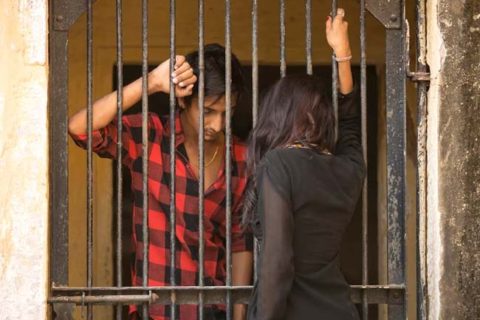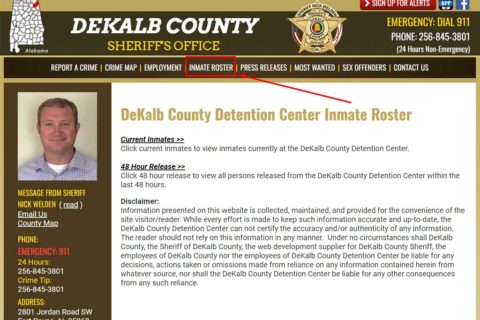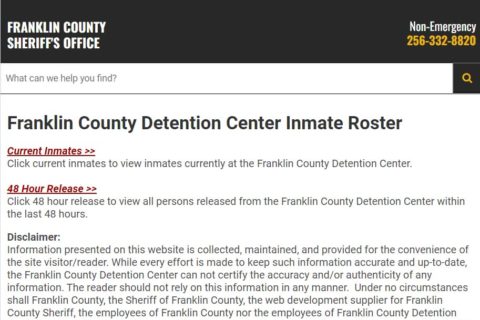Just like people in the outside world, those who are behind the bar also have the right to freedom or religion. The discrimination against any religion is not accepted. The authorities should ensure that detainees that follow a religion can do a few things, including taking part in either private or collective prayer, having visits from religious representatives, and having possession of religious objects, signs and materials. Besides, the detainees should also have the possibility of observing the requirements of the religion that they follow, such as regarding food, clothing, hygiene and grooming. On the other hand, if a detainee prefers to not follow a religion, they should allow them.
The right to religion in correctional facilities
Usually, correctional facilities are characterized by the co-existence of inmates that follow different religions and the ones that do not follow any religion. According to the international human rights law, everyone shall have the right to freedom of thought, consistency and religion. This law applies equally to the inmates. It means every inmate has the right to choose the religion that they want to follow and to get the opportunity to manifest their religion in worship, observance, practice and teaching in correctional facilities. If one day they want to change their religion that they follow, they should be allowed to do that. In addition, there should be no religious indoctrination and forcible religious conversion of inmates as these things are against the freedom of religion in correctional facilities.
All recognized religions
It is worth noting that the right to religion in the correctional facilities applies to every recognized religion. Not only that, it should also not be limited to the main religions in the country. The authorities have no right to decide whether a thing is a religion or not. Rather than the prison authorities, the ones that can do it are the competent state authorities and national courts.
How religion is exercised in the correctional system usually reflects how religion is exercised in society at large. Do not get surprised if the freedom of religion in prisons is not guaranteed in the countries with a state religion where religious freedom is restricted.
Non-discrimination
Every inmate should be treated equally, regardless of their personal beliefs. They should not be discriminated against by the staff because of their religious beliefs. All the staff are not allowed to make derogatory comments about religious beliefs or practices of someone. In the other words, they should instead respect their religious beliefs, objects, and practices. To teach both the inmates and the staff, there should be religious representatives, mostly known as prison chaplains. These representatives should be in charge of sharing aspects and teach both inmates and staff about religion. Favoritism has no place. All inmates should get the same advantages regardless of the religion they follow.
Right to have no religion
Just following a religion, inmates also have the right to not follow any religion. There should be no requirement to practice a religion or belief and to do a few other things such as attending religious services or meetings, taking part in religious practices or accepting a visit from a representative of any religion. If an inmate chooses to not follow any religion, they do not deserve to be ostracized and to be punished.
Restrictions on the right to religion
Restrictions should not be allowed in religion. However, there are some exceptions. They are allowed for security purposes and good order, including safety and the requirements of communal living. It is common that these kinds of things are used as the reasons to limit the observance of religious requirements. For instance, prohibiting specific haircuts required by a religion because it can be used as a place to hide dangerous items. However, the restrictions can be justified if there is a clear link between the restriction and the legitimate correctional interest and it should be applied equally to every religion. Aside from that, it is also allowed to consider whether there are some other methods for the inmates to exercise their rights and solutions that can accommodate both interests. Restrictions on the freedom of religion for disciplinary purposes are never allowed, including restricting the right to exercise one’s religion or requiring the participation of the inmates in religious activities.
Religious representatives
According to the standards, one or more representatives of a religion should be chosen if the number of inmates who follow the same religion is enough. The number of approved representatives of the religion depends on the number of inmates claiming to practice that religion. The representatives of religion that are allowed to preach the inmates about the religion should agree to follow the rules in the correctional facilities. Just like anyone at the correctional facility, the representatives of the religion should also have equal status, including the right to access the same facilities.
If an inmate asks to get a visit from a representative of a religion in private, the authorities should provide it. The representative of the religion should be given the permission to move around freely within areas where the inmates are accommodated, to hold personal discussion with them, and have material resources for this purpose at their disposal. On the contrary, if the inmate does not want to get a visit from the representative of religion, the authorities should not force them to meet them.
Collective practices
All the inmates who follow the same religion should be allowed to gather with their group to pray together. Apart from that, they should also be allowed to be together to hold religious meetings and to attend religious events. The prison chaplains should be the one that are in charge of holding regular religious services. To hold collective practices, they should design places and these places should be large enough so that everyone can participate. These places can be used for more than one religion. The followers of the different religions can share the places. To avoid collisions, the authorities should be informed of a timetable and provide important facilities.

A bookworm and researcher especially related to law and citizenship education. I spend time every day in front of the internet and the campus library.




